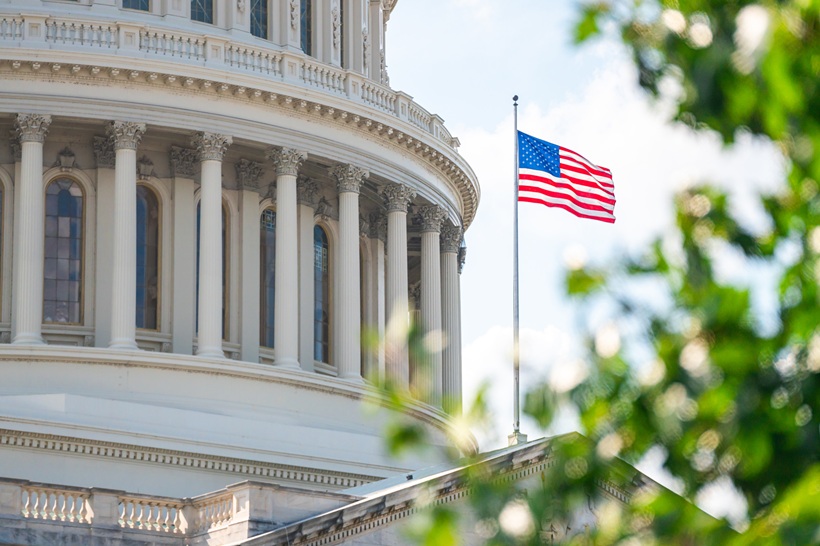
A Roundup of Political and Regulatory Developments Affecting Trucking
A new administration always brings policy changes, and for trucking carriers and freight brokers, these shifts can have real business impacts. From tariffs and trade policies to fraud prevention efforts, sustainability initiatives, and evolving federal regulations, there’s a lot to watch.
What’s changing, and what should you prepare for? We’re rounding up key items that could affect your operations in the months ahead.
Tariffs
- Tariffs are arguably the hottest topic in the industry, and one that promises to impact every part of the supply chain. S&P Global recently took at look at how 25% tariffs on Canada and Mexico could impact commercial truck sales, prices, and parts.
- Truckinginfo also detailed the potential effects of 25% aluminum and steel tariffs, the Canada/Mexico tariffs, and what they mean for logistics.
- A lesser-known consequence of the tariffs is the possible elimination of the “de minimis” exemption, which has previously meant that shipments under $800 were not subject to tariffs. This exemption would have major implications for shipping low-cost goods from abroad.
- Meanwhile, shippers in February weren’t waiting around to see the final verdicts on the administration’s tariffs. Fleet Owner reported that freight giants were seeing shipments moved up ahead of schedule to get across borders before tariffs began.
Fraud prevention
- In late January, bipartisan legislation to fight freight fraud in trucking was introduced in both the House and Senate.
- Crucially, the Household Goods Shipping Consumer Protection Act would give the Federal Motor Carrier Safety Administration (FMCSA) more enforcement power to levy penalties against fraudulent actors and would ramp up registration standards for brokers, forwarders, and carriers.
- The legislation is endorsed by the Transportation Intermediaries Association (TIA), the American Trucking Associations (ATA), and Owner-Operator Independent Drivers Association (OOIDA), among other important industry organizations.
Emissions and sustainability
- One of the most predictable changes impacting freight from the new administration is the desire to rollback emissions regulations and electric truck mandates that the Biden administration offered last year. We covered that possibility last summer.
- However, a set-in-stone rollback of the Environmental Protection Agency’s GHG3 rule, hasn’t happened in the second Trump administration’s first few weeks. Fleet Owner recently discussed how the regulatory revision process may go, including a weaker—not repealed—version of the rule.
- On the state level, California withdrew its request for a waiver that would allow it to impose stronger-than-federal emissions standards just before Trump took office. After initially indicating that it would follow California’s lead on fleet standards, New York now appears ready to give up its own statewide zero-emissions rules.
Other federal regulations
- On January 28, the Senate confirmed former U.S. Rep. Sean Duffy as Secretary of Transportation. Duffy now leads the federal Department of Transportation, which includes the FMCSA and the National Highway Traffic Safety Administration (NHTSA). Various industry sources have examined what Duffy’s priorities are at DOT and what he’ll mean for trucking.
- Perhaps the most anticipated rulemaking for the industry this year will be on broker transparency. Such a rule is expected to compel brokers to keep electronic, detailed transaction records and provide them within 48 hours if requested by a carrier. About a month ago, Overdrive compiled an overview of what prominent industry groups think about broker transparency.
- On the opposite side of the regulatory ledger, the NHTSA under the Trump administration will likely not go ahead with a rule on automatic emergency braking for vehicles over 26,000 pounds.



